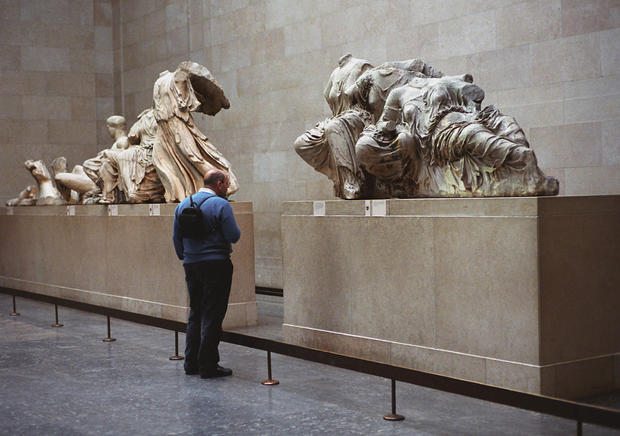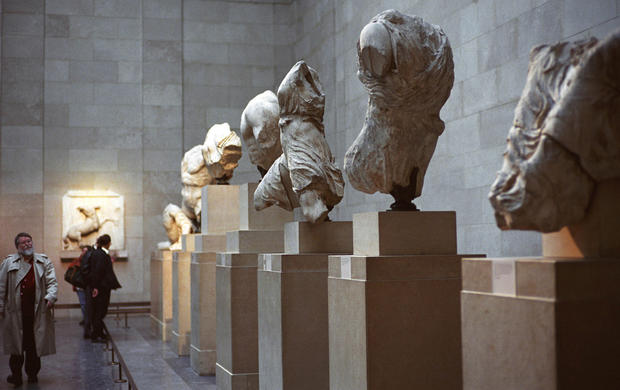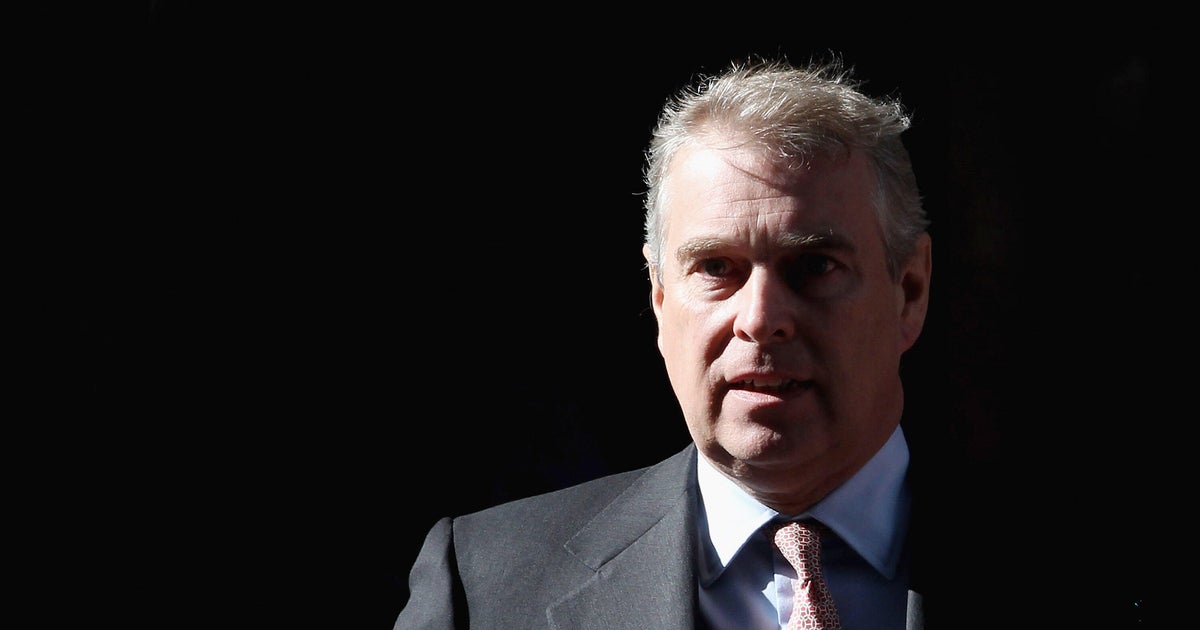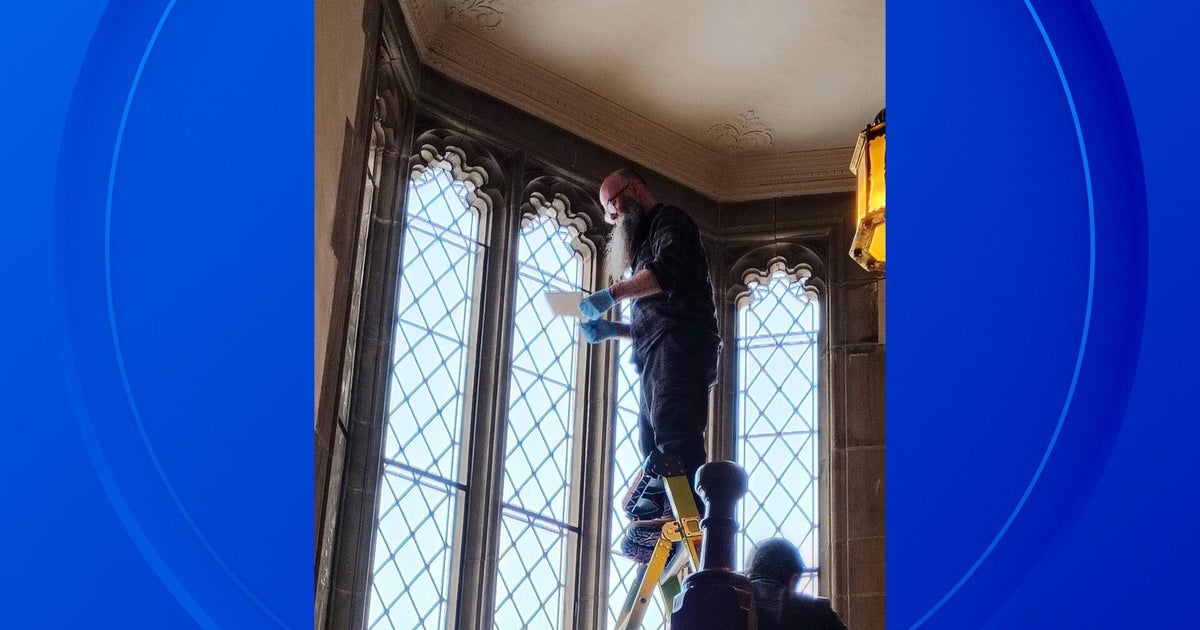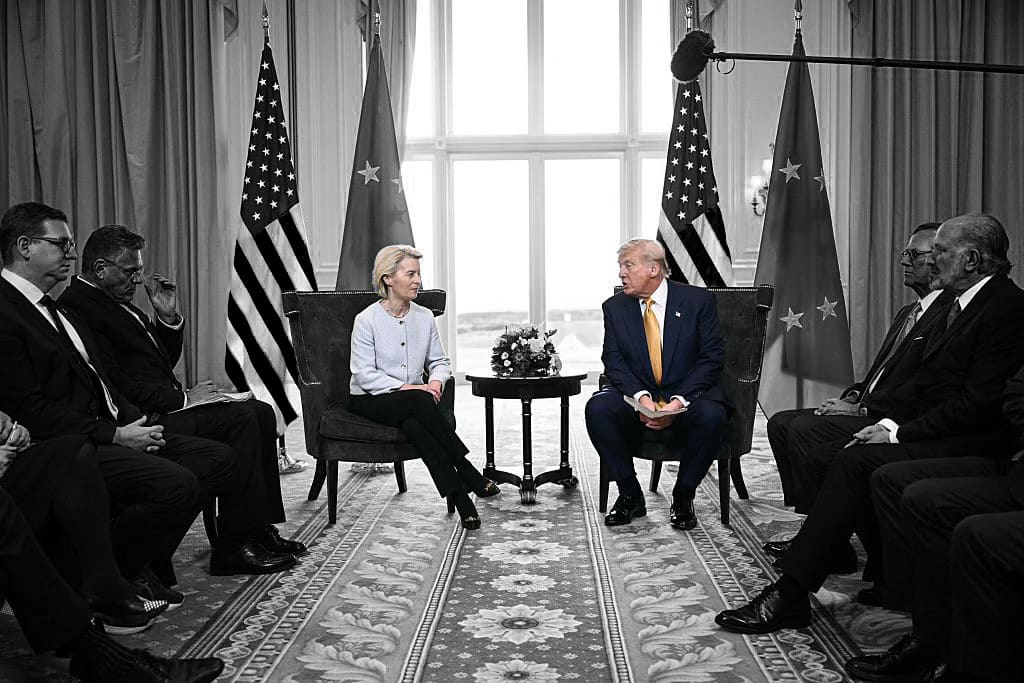Greece may demand Britain give back ancient Parthenon Marbles as part of Brexit deal
Britain may be losing its marbles over Brexit. As part of negotiations with the European Union, the U.K. may be forced to return the Parthenon Marbles — and many other antiquities — to their original home in Greece.
Several European governments are seeking to demand Britain give back cultural artifacts as part of Brexit negotiations. A draft of the 27 EU nations' negotiations with Britain, obtained by Reuters on Tuesday, seeks the "return or restitution of unlawfully removed cultural objects to their countries of origin."
While the document did not specifically mention any single artwork and generally refers to smuggling and theft rather than objects acquired by museums centuries ago, a European diplomat told Reuters that Greece, with the support of Italy, pushed for the addition.
Greece "stressed this was an important issue for them" during discussions last week, one official told The Financial Times.
The British Museum acknowledges that Greek governments have been pushing for the sculptures to be returned to Athens since the early 1980s. Greece and Britain have long disputed the ownership of the marbles, with Greece gaining more support from European peers amid Brexit negotiations.
The sculptures that formerly decorated the Parthenon temple on the Acropolis in Athens, also known as the Elgin Marbles, were removed more than 200 years ago by Lord Elgin of Scotland when Greece was part of the Ottoman Empire. They have been displayed at the British Museum in London since 1817, when Elgin sold the marbles to the British government.
As the Greek culture ministry explains: "Elgin's team was active on the Acropolis, hacking off and causing considerable damage to the sculptures and the monument, eventually detaching and dismembering a significant part (more or less half) of the remaining sculpted decoration of the Parthenon."
A spokesperson for the British Museum said the museum has identified and returned over 2,400 antiquities that were taken illegally from sites around the world, but maintained the sculptures from the Parthenon were acquired legally.
"The British Museum welcomes this mandate and is committed to fighting the trade in illicit antiquities across the world," the spokesperson told CBS News. "The Parthenon Sculptures were legally acquired and help us to tell the story of human history presented at the Museum. … The British Museum welcomes this mandate which reflects the 1970 UNESCO convention that the Museum abides by."
Almost four years after the British public voted in a referendum to "Brexit," the U.K. finally left the European Union in January, more than 47 years after joining it. Negotiators from Britain and the EU are working to reach a free-trade agreement by the end of the year, when the 11-month Brexit transition period comes to a close.
A British government spokeswoman told Reuters that the UK's position on the sculptures remains unchanged and that they are "the legal responsibility of the British Museum."
"That is not up for discussion as part of our trade negotiations," she said.
